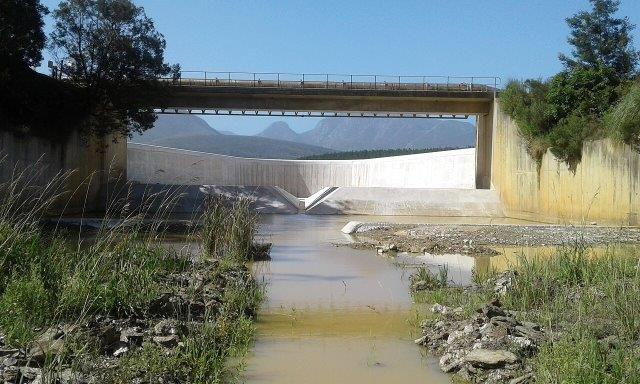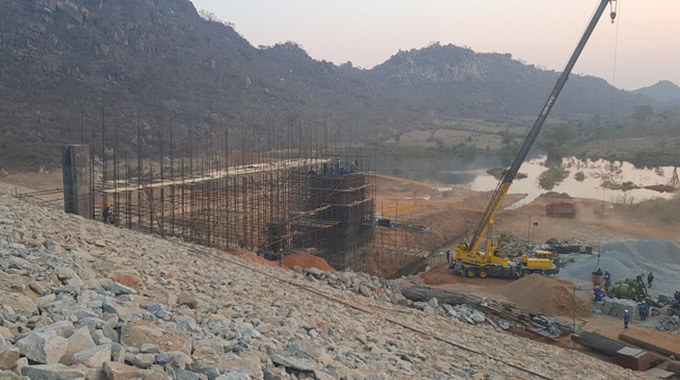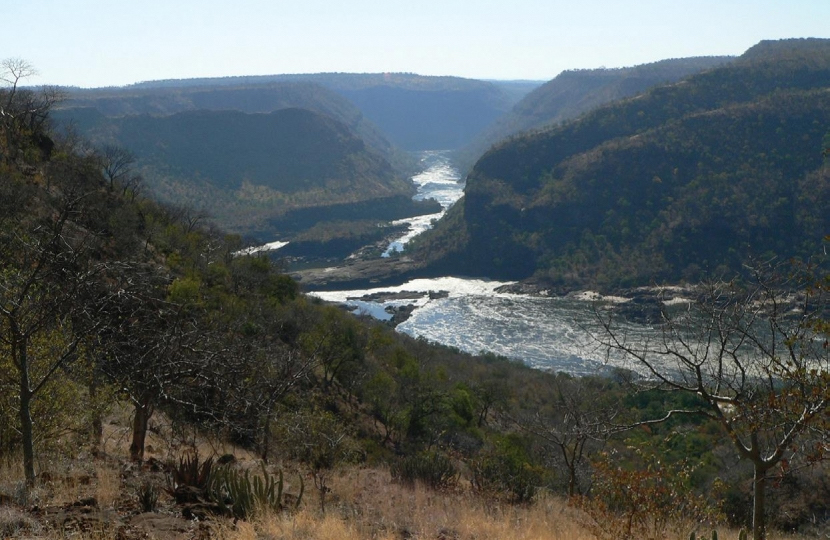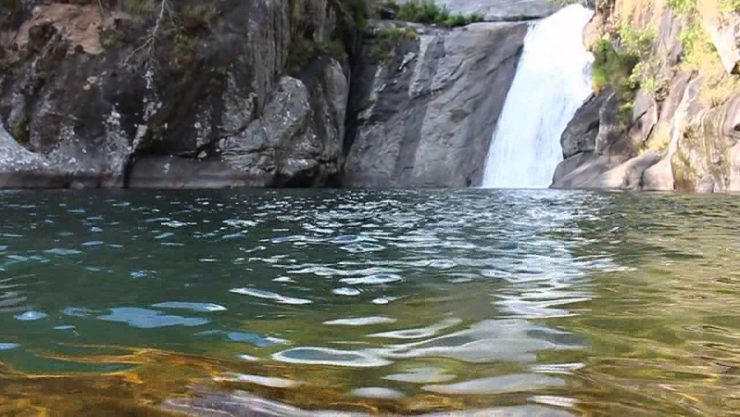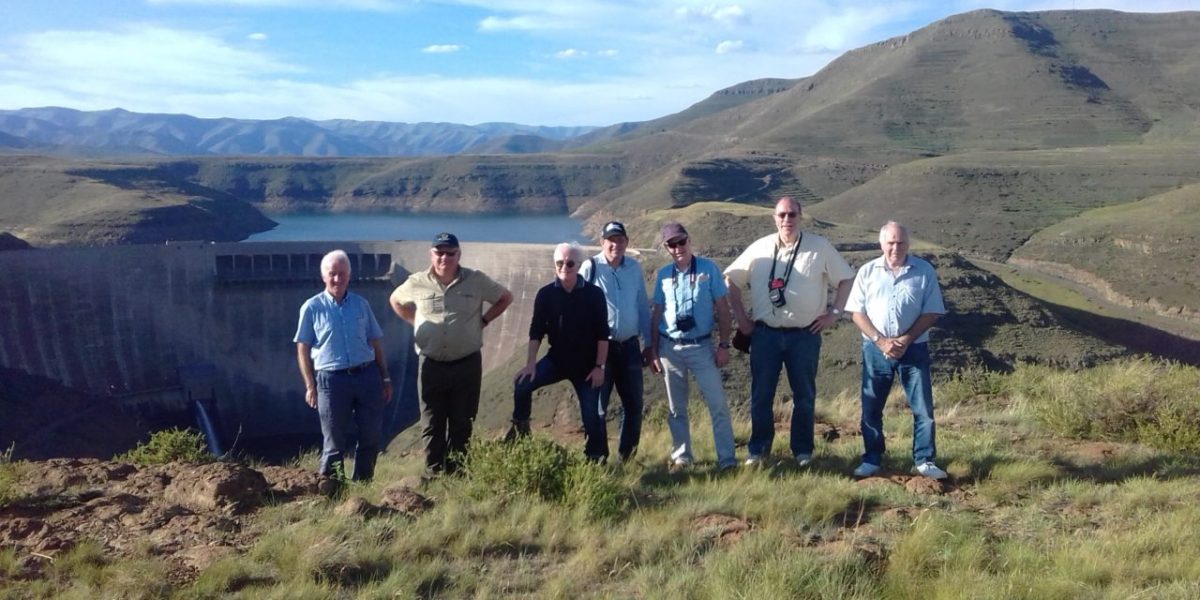
The Lesotho Highlands Development Authority (LHDA) on Tuesday announced the appointment of an engineering panel of experts for the second phase of the Lesotho Highlands waterproject (LHWP II).
The panel comprises a selection of experts from the UK, Europe, the US and Australia, with the combined knowledge covering tunnelling, bridges, concrete faced rockfill dams, hydro-mechanical and geotechnical engineering, grouting and construction.
“The LHDA’s appointment of an external panel of experts to provide technical reviews of the major works of Phase II reflects its commitment to implementing Phase II to the highest quality and in accordance with internationally recognised standards to minimise the risk of engineering errors,” explains LHDA Phase II divisional manager Tente Tente.
The panel, finalised in December, was introduced to the full scope of the multi-phased, multibillion-rand project, and met with LHDA CEO Refiloe Tlali and the Lestho Highlands Water Commission before embarking on a site visit to Polihali.
This follows the formal site handover to the Wilson Bayley Holmes-Ovcon/LSP Construction JV at the Polihali and Katse village for civils works, which includes earthworks and the creation of platforms for buildings, water and wastewater systems, landfill, roads, drainage and electrical and telecommunications networks.
The LHDA also engaged an environmental panel of experts to review social and environ-mental activities to ensure that its implementation of social, environmental and public health programmes are held to internationally recognised standards.
LHWP II, building on the successful completion of the first phase in 2003, delivers water to Gauteng and uses the water delivery system to generate hydroelectricity for Lesotho. LHWP II will increase the current supply rate of 780-million cubic metres a year incrementally to more than 1 270-million cubic metres a year.
Further, it is expected to increase the quantity of electricity generated in Lesotho, with the process to secure an independent electricity source to meet Lesotho’s domestic requirements.

